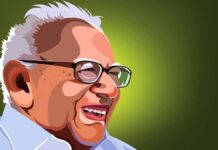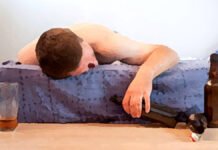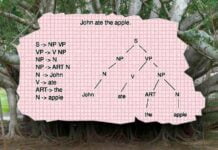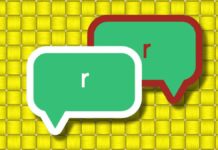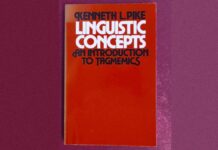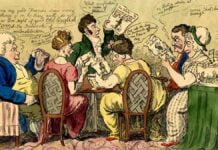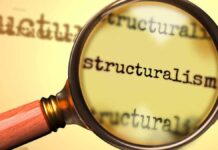Turning a statement into a question can seem hard at first, but it will appear easier later. A statement is used to express a fact, opinion, or viewpoint about a topic. On the other hand, questions are asked to get information from others. One can easily change a statement to a question by moving the helping verb, moving the being verb, or adding a doing verb. Additionally, a question word or question tag can be added to get specific information.
Moving the Helping Verb
Look for a helping verb in the sentence
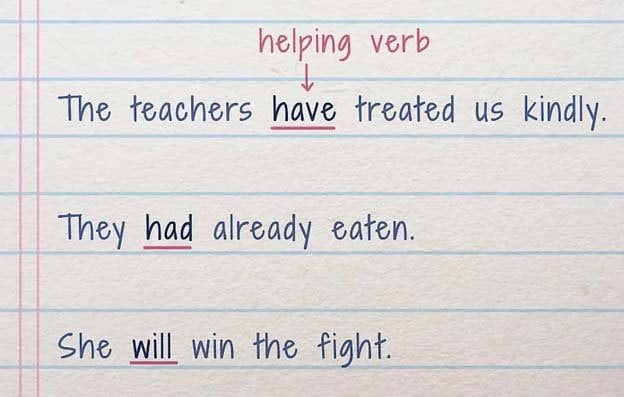
Common helping verbs include have, has, and had. Additionally, words like “should,” “would,” “could,” “might,” “may,” and “will” are helping verbs.
- The teachers have treated us kindly.
- They had already eaten.
- She will win the fight.
- My cat would climb that tree.
- A pie can feed eight people.
- We shall meet again.
- I was standing.
Move the helping verb to the front of the sentence to make a question
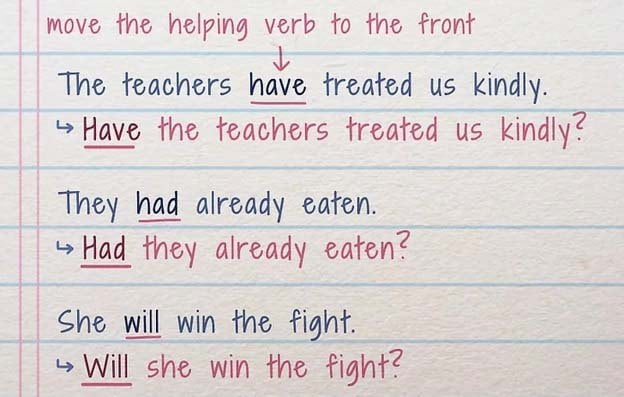
Rewrite the sentence with the helping verb as the first word. Leave the other words in the same place and write them exactly as they appear in the statement. This will turn your statement into a question.
- The teachers have treated us kindly. → Have the teachers treated us kindly?
- They had already eaten. → Had they already eaten?
- She will win the fight. → Will she win the fight?
- My cat would climb that tree. → Would my cat climb that tree?
- That pie can feed eight people. → Can that pie feed eight people?
- We shall meet again. → Shall we meet again?
- I was standing. → Was I standing?
Use the first helping verb if the sentence has more than 1 helping verb
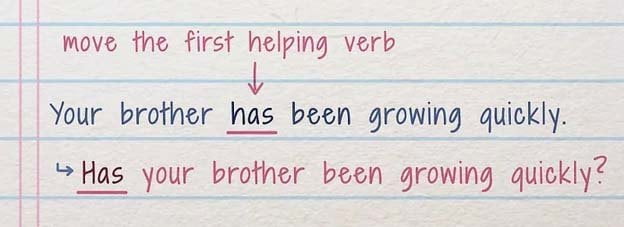
Sometimes you’ll have a sentence that includes more than 1 helping verb to describe an action. For instance, you might say “will have taken” or “could have been.” In this case, only move the first helping verb to the front of the sentence.
- Your brother has been growing quickly. → Has your brother been growing quickly?
- I could have been studying. → Could I have been studying?
Shifting a Being Verb
Look for a being verb in the sentence
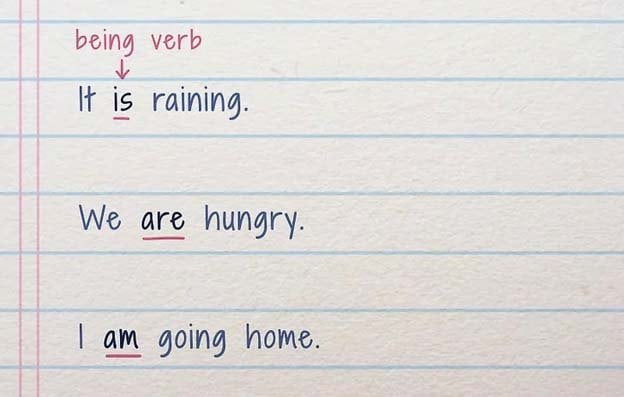
Being verbs are the “be” verbs, such as “am,” “is,” “are,” were,” and “was.” These verbs tell you a person’s current state or what they are doing. Check the sentence to see if it has a being verb.
- It is raining.
- We are hungry.
- I am going home.
- You were there last night.
- The cat was playing with that toy.
Move the being verb to the beginning of the sentence to form a question
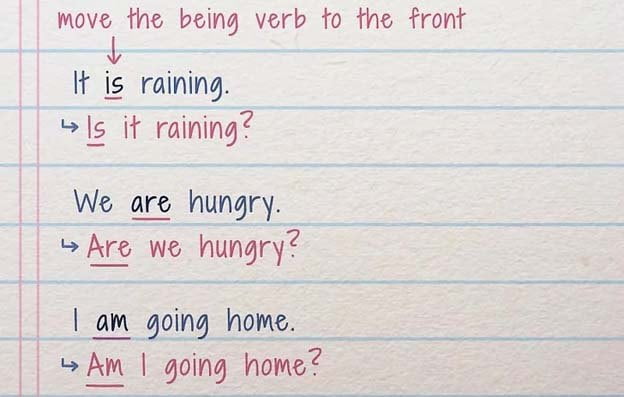
Rewrite the sentence with the being verb at the beginning. Don’t change any other words in the sentence. This will change the statement into a question.
- It is raining. → Is it raining?
- We are hungry. → Are we hungry?
- I am going home. → Am I going home?
- You were there last night. → Were you there last night?
- The cat was playing with that toy. → Was the cat playing with that toy?
Look for a helping verb if you see the word “been”
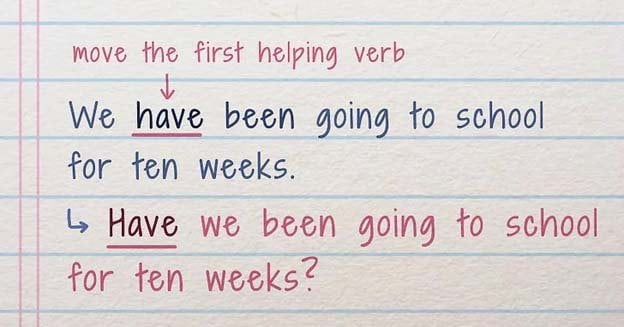
The word “been” is a being verb, but it’s typically used with a helping verb. Don’t move “been” to the beginning of a sentence to form a question.
- For example, the word “been” appears in this sentence: “We have been going to school for ten weeks.” Notice that “have” is used here as a helping verb. That means you’d form a question by writing, “Have we been going to school for ten weeks?”
Adding Does, Do, or Did
Add “does” to the beginning of the sentence if the verb is present tense
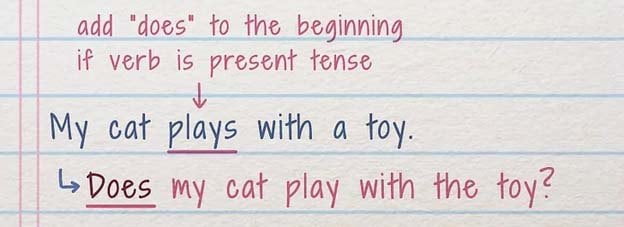
Check to see if the subject of your sentence is singular. Then, make sure the verb is present tense. If both of these are true, add the word “does” to the beginning of the sentence to turn it into a question. Then, change the verb back to its base form by dropping “s” from the end.
- My cat plays with a toy. → Does my cat play with the toy?
- My friend takes the bus. → Does my friend take the bus?
Use “do” for plural subjects or “you”
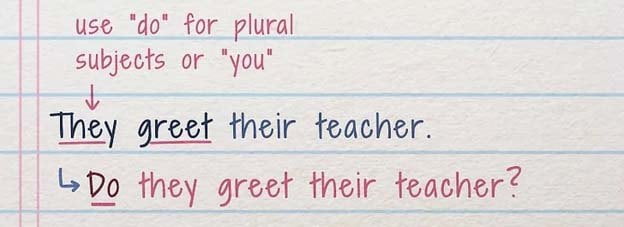
Look at the subject to see if it’s plural or “you,” then check to see if the verb is present tense. If so, add the word “do” at the beginning of the sentence to change the statement to a sentence.
- They greet their teacher. → Do they greet their teacher?
- The protesters call for change. → Do the protesters call for change?
- You throw stones at my window. → Do you throw stones at my window?
Put “did” at the front of the sentence for simple past tense verbs
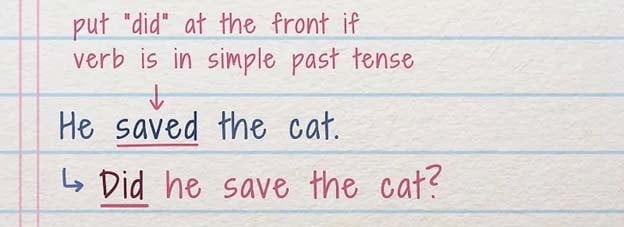
Check to see if your verb is in the past tense. If it is, use the word “did” to transform the statement into a question, whether the subject is singular or plural. Add the word “did” at the beginning of the sentence and change the verb back to its base, present tense form.
- He saved the cat. → Did he save the cat?
- The sheep jumped over the fence. → Did the sheep jump over the fence?
- He broke my oven. → Did he break my oven?
Trying Other Methods
Add a question word to the start of a question to make it more specific
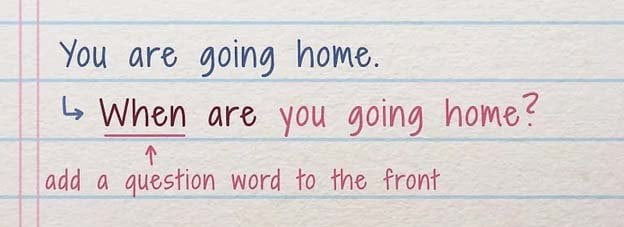
Question words include “who,” “what,” “where,” “why,” “when,” and “how.” Use these words when you want the answer to your question to include specific details. First, change the statement into a question using a helping verb, being verb, or doing verb. Then, add a question word to the beginning of the question to make it more specific.
- You are going home. → When are you going home?
- The cat caught the mouse. → How did the cat catch the mouse?
Add a question mark to a statement to express disbelief
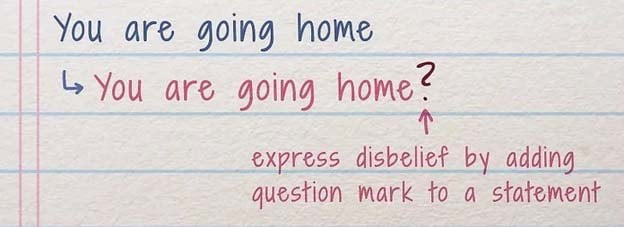
Adding a question mark at the end of a statement instantly turns it into a question. Change the period to a question mark when you are confused about what is happening. Typically, these questions have a “yes” or “no” answer.
- You are going home. → You are going home?
- She’s a scientist. → She’s a scientist?
- We have school tomorrow. → We have school tomorrow?











